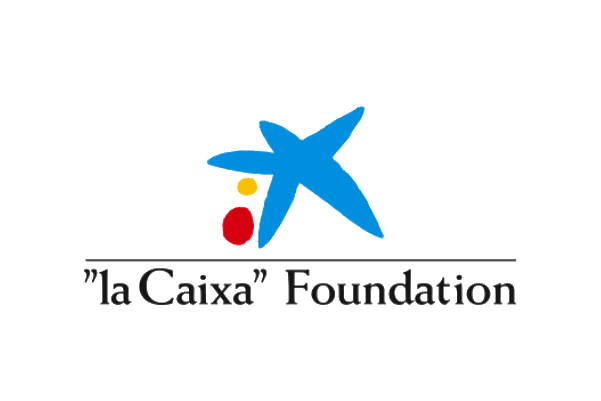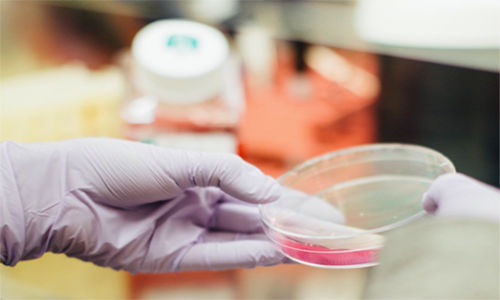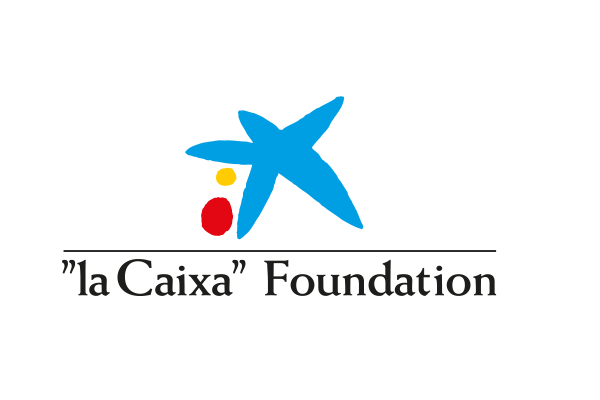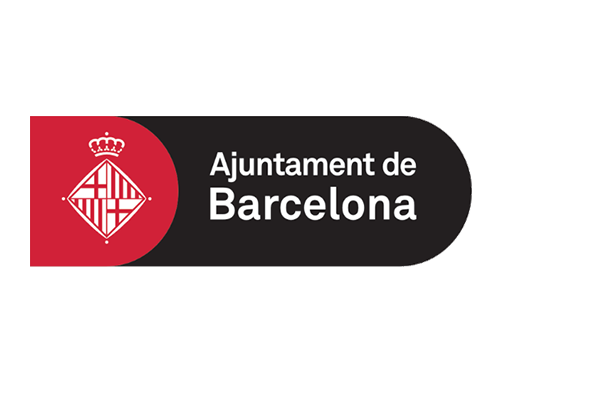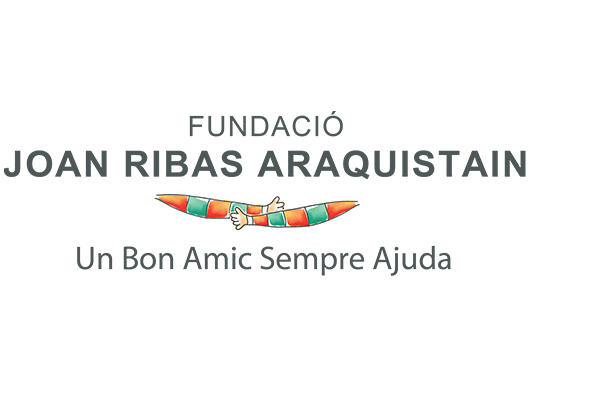Researchers at Germans Trias i Pujol Research Institute and ICFO work together to fight breast cancer.
Network project partners and key network researchers involved

Mónica Marro Sánchez
Pablo Loza- Alvarez
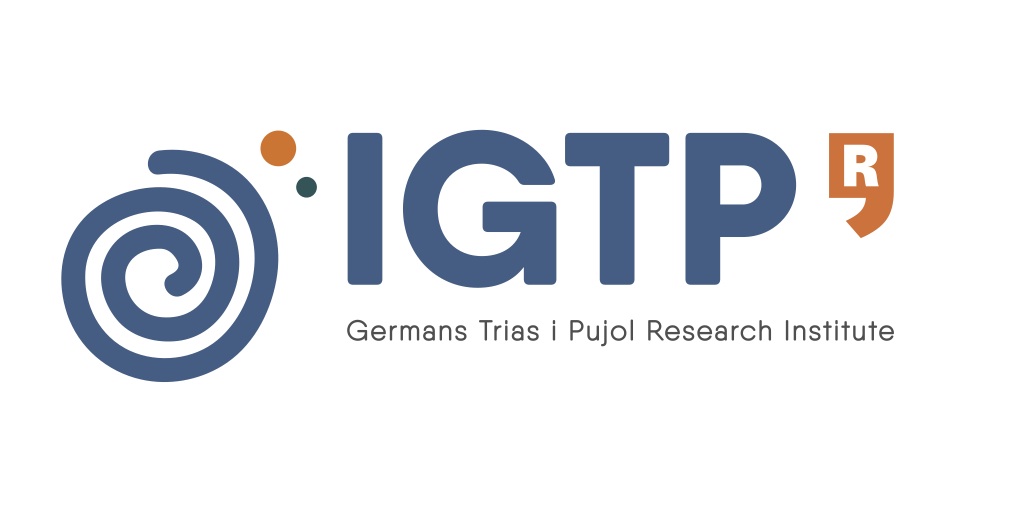
Pedro Luis Fernández Ruiz
Ana María Muñoz Mármol
Carolina Sanz Monte
Laura Hernández León
Laura Pons Martínez
Montse Tierno García
Mireia Margelí Vila
Vanesa Quiroga García
Eudald Felip Falgas
Project summary
Neoadjuvant treatment is a strategy increasingly used in breast carcinomas (BC), especially in the Her2 positive and triple negative subtypes (TNBC) achieving a complete pathological response rate around 30-50% of cases according to different studies, This has led to a great advance in the prognosis of this disease and is associated with a greater survival in these subtypes. However, a percentage of patients do not respond well to neoadjuvant treatment, and the mechanisms underlying resistance to this type of therapy remain largely unclear. Among them, we begin to know certain genetic and phenotypic alterations still scarcely defined.
In this project we analyze a series of patients with primary infiltrating mammary carcinomas that include retrospective and prospective cases of Her2 +, triple negative and luminal B phenotypes treated with neoadjuvant chemotherapy and that consist of good (complete pathological response, cPR) and poor responders in which the existence of alterations in several processes and pathways is analyzed by means of a broad expression panel with a multigenic platform (nCounter, Nanostring). This genomic and transcriptional characterization is carried out in pretreatment biopsy samples and, in cases without cPR, in the residual tumor. In some cases, paired distant metastases may llow typing throughout several phases of tumor progression. The type of pre- and post-treatment inflammatory response are being analyzed, as well as the expression of the PDL1 marker in tumor and inflammatory cells. Molecular findings will be subsequently validated in in vitro and in vivo models by using naïve and resistant breast carcinoma cell lines. Raman microespectroscopy will be tested as novel tools for the typification of breast samples and its use in clinical settings analyzed.
Related news
Funding institutions

